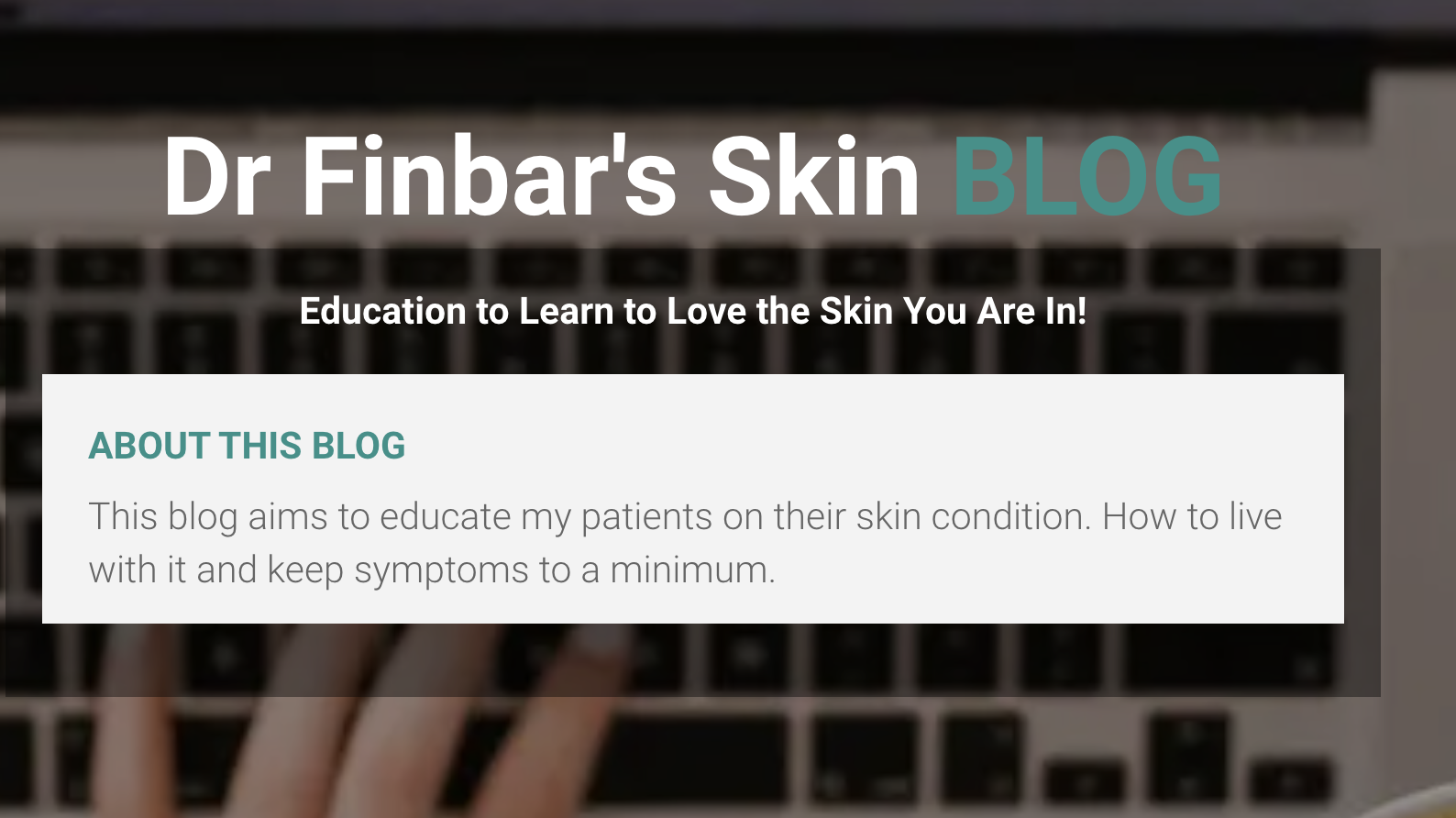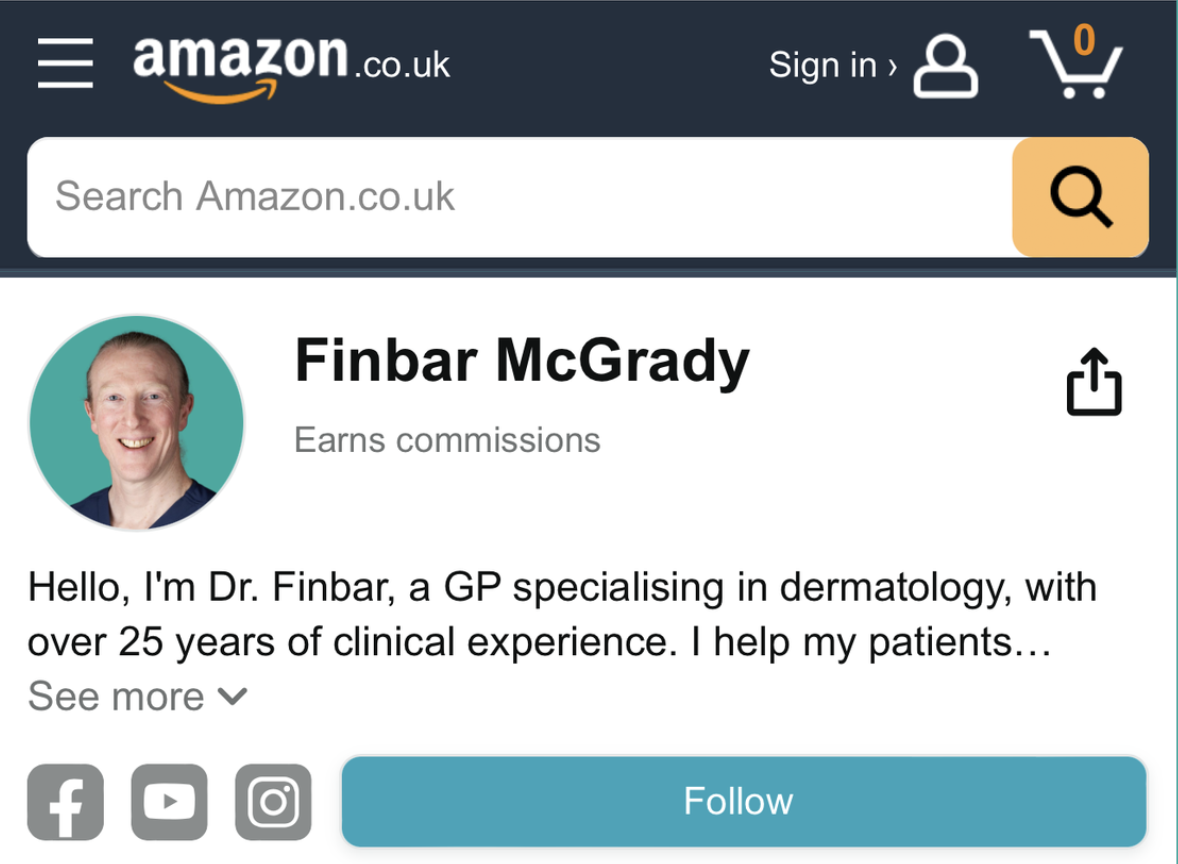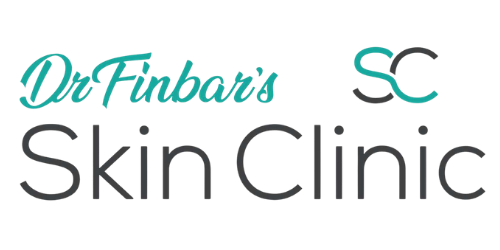Dry, Itchy Scalp? Here’s What You Need to Know
Dandruff is often dismissed as a minor issue—but for many people, it causes daily discomfort, embarrassment, and frustration. Whether you're brushing flakes off your clothes or dealing with a constantly itchy scalp, it's worth understanding what’s really going on.
I’m Dr. Finbar, a GP specialising in dermatology. In this blog, we’ll explore the most common causes of dandruff and itchy scalp—dry scalp, seborrhoeic dermatitis, and scalp psoriasis—and how to manage each one, including natural options and medical treatments.
Is It Just a Dry Scalp?
Dry scalp is when the skin on your scalp lacks moisture. It may occasionally flake, but usually, the flakes are small and white, with only mild itching.
Common causes:
-
Cold or dry weather
-
Harsh shampoos
-
Dehydration
-
Overwashing
Dry scalp can often be managed with gentle, moisturising products. Natural oils like almond, coconut, or tea tree oil may help—but caution is needed, as these can worsen other conditions like seborrhoeic dermatitis.
Seborrhoeic Dermatitis: The Most Common Cause of Dandruff
Seborrhoeic dermatitis (also called seborrhoeic eczema) is a chronic inflammatory skin condition. It typically affects greasy areas of skin such as the scalp, eyebrows, sides of the nose, ears, and chest.
Signs to look for:
-
Red, itchy, flaky patches
-
Greasy or yellowish scales
-
A tendency to flare with stress or cold weather
-
Darker patches instead of redness in skin of colour
Cause:
A yeast called Malassezia, normally found on the skin, multiplies excessively in seborrhoeic dermatitis. This causes inflammation, worsened by certain oils—so not all "natural" products are helpful here.
Seborrhoeic dermatitis is not infectious, and while it can be more common in people with Parkinson’s disease or weakened immunity, for most people, it occurs without any underlying health issue.
Scalp Psoriasis: When the Scale Is Thicker
Psoriasis is an immune-mediated skin condition that can also affect the scalp. Compared to seborrhoeic dermatitis, the plaques in psoriasis are thicker, sharply defined, and often appear along the front hairline or nape of the neck.
Signs of scalp psoriasis:
-
Thick, silvery-white scale
-
Well-defined red or dark patches (depending on skin tone)
-
May also affect elbows, knees, belly button, or genitals
-
Itch, soreness, or tightness in the scalp
Psoriasis may:
-
Flare after infections or during periods of high stress
-
Affect joints (in psoriatic arthritis)
-
Co-exist with seborrhoeic dermatitis (sometimes called “sebopsoriasis”)
Lifestyle Tips for a Healthier Scalp
Improving overall scalp health starts with daily habits:
-
Eat well: Prioritise water-rich foods, whole grains, vegetables, and healthy fats like olive oil and omega-3s.
-
Limit sugar and refined carbs, which may worsen inflammation.
-
Sleep well: Quality sleep reduces stress and supports skin repair.
-
Exercise regularly and reduce stress through walks, breathing techniques, or therapy.
-
Avoid irritants: Shampoos with sodium lauryl sulfate (SLS) can strip the scalp’s barrier and worsen symptoms.
Natural Remedies: What Actually Works?
Many people prefer natural remedies, but they’re not all suitable for every scalp condition.
✔ Aloe Vera: Has anti-inflammatory and soothing properties. Clinical studies show that it can significantly improve symptoms of seborrhoeic dermatitis without causing irritation.
✖ Tree nut oils: Should be avoided in young children with eczema or seborrhoeic dermatitis due to the risk of sensitisation and allergy.
✖ Essential oils: May trigger irritation, especially in inflamed scalps or those sensitive to fragrances.
Medical Treatments: What to Use and When
For Seborrhoeic Dermatitis:
-
Ketoconazole shampoo (1–2%): Antifungal, effective for treating the yeast overgrowth. Use daily for 2–4 weeks, then reduce to 1–2 times weekly.
-
Selenium sulphide or zinc pyrithione shampoos: Helpful antifungal agents.
-
Duros shampoo: A daily-use shampoo with salicylic acid, ceramides, selenium, and vitamin E—great for maintenance and dry scalp too.
For Scalp Psoriasis:
-
Scale removal is key. Products like Sebco ointment (coal tar, salicylic acid, and sulphur) help soften and lift thick plaques. Apply and leave for several hours (or overnight), then shampoo out.
-
Topical treatments:
-
Steroid lotions or gels
-
Vitamin D analogues
-
Combination steroid + vitamin D products (e.g. calcipotriol/betamethasone)
-
Once scaling is cleared, these treatments become more effective.
When Topicals Aren’t Enough:
-
Phototherapy (narrowband UVB) may be offered in dermatology clinics.
-
Systemic treatments (oral or injectable medications) are reserved for severe or resistant cases.
Final Thoughts
Managing a dry, itchy scalp depends on finding the right diagnosis—and the right treatment. Whether it’s dry skin, seborrhoeic dermatitis, or psoriasis, there are safe, effective ways to take back control and feel confident again.
Don’t be discouraged if it takes time to see results—many of these conditions require patience and persistence.
Share this post on:
Copyright © 2024 Dr Finbars' Skin Clinic All rights reserved.



